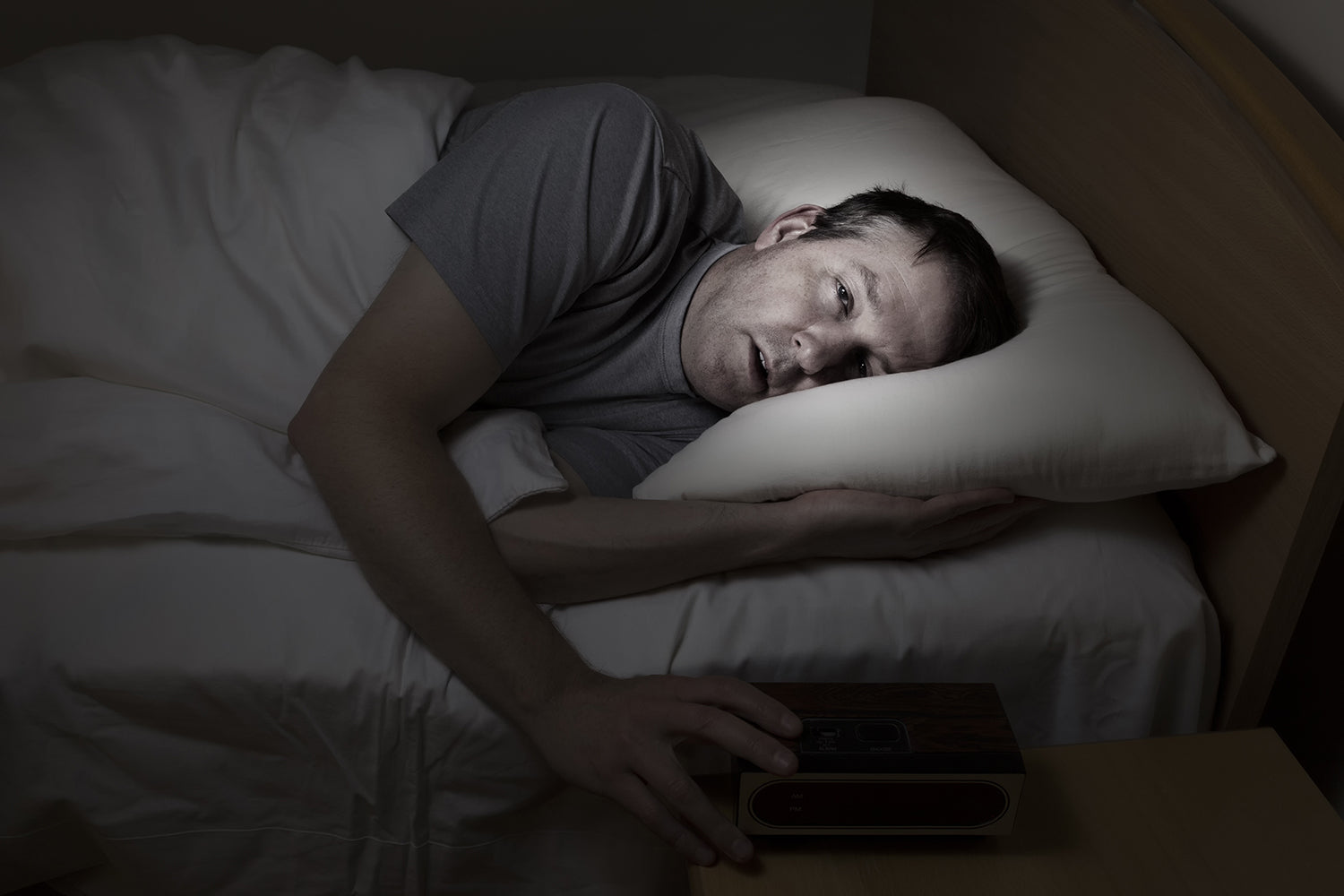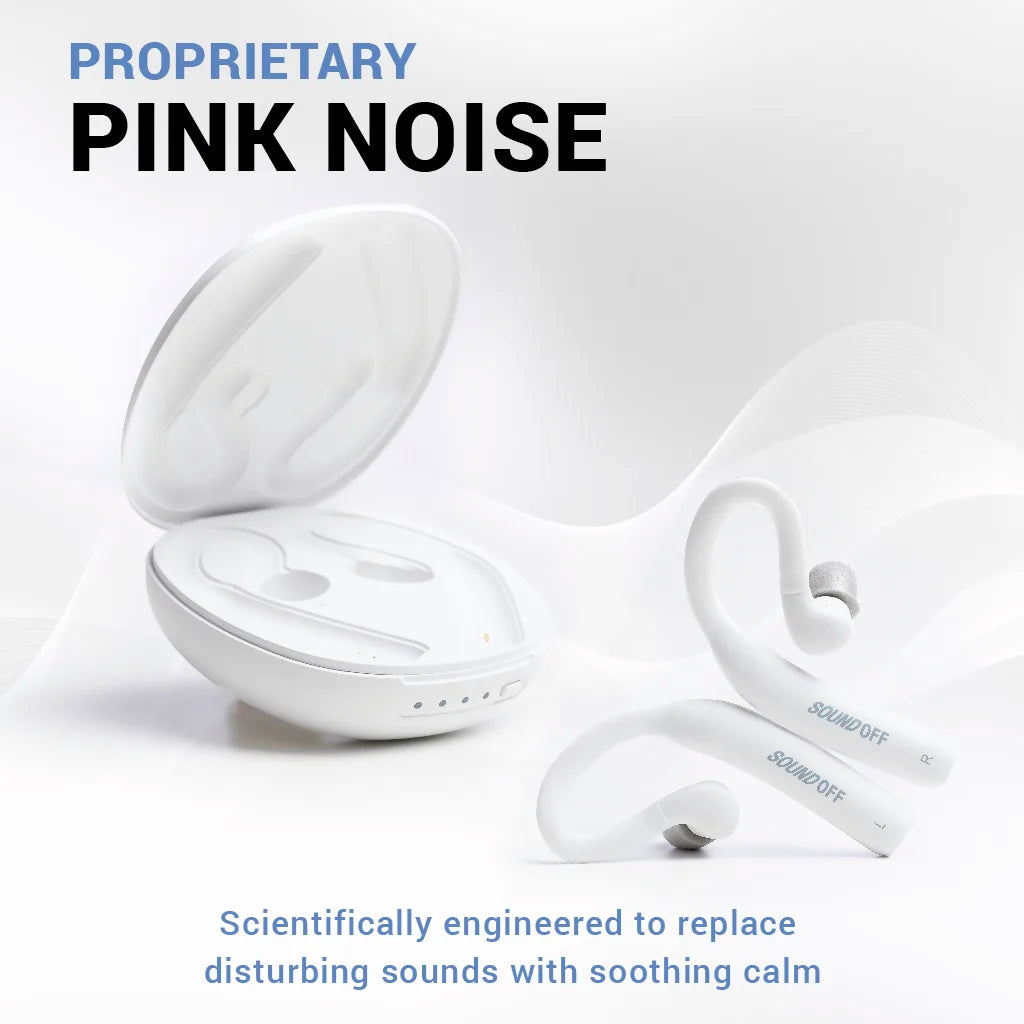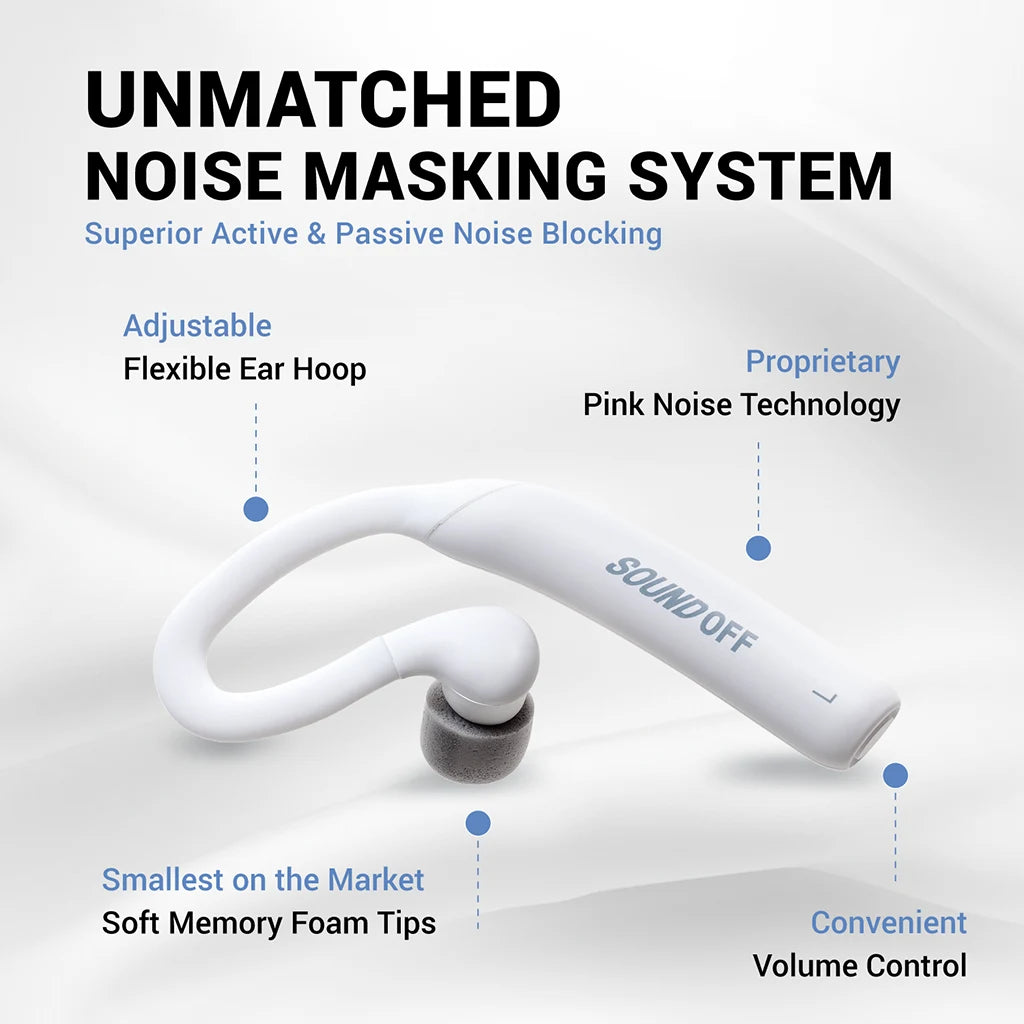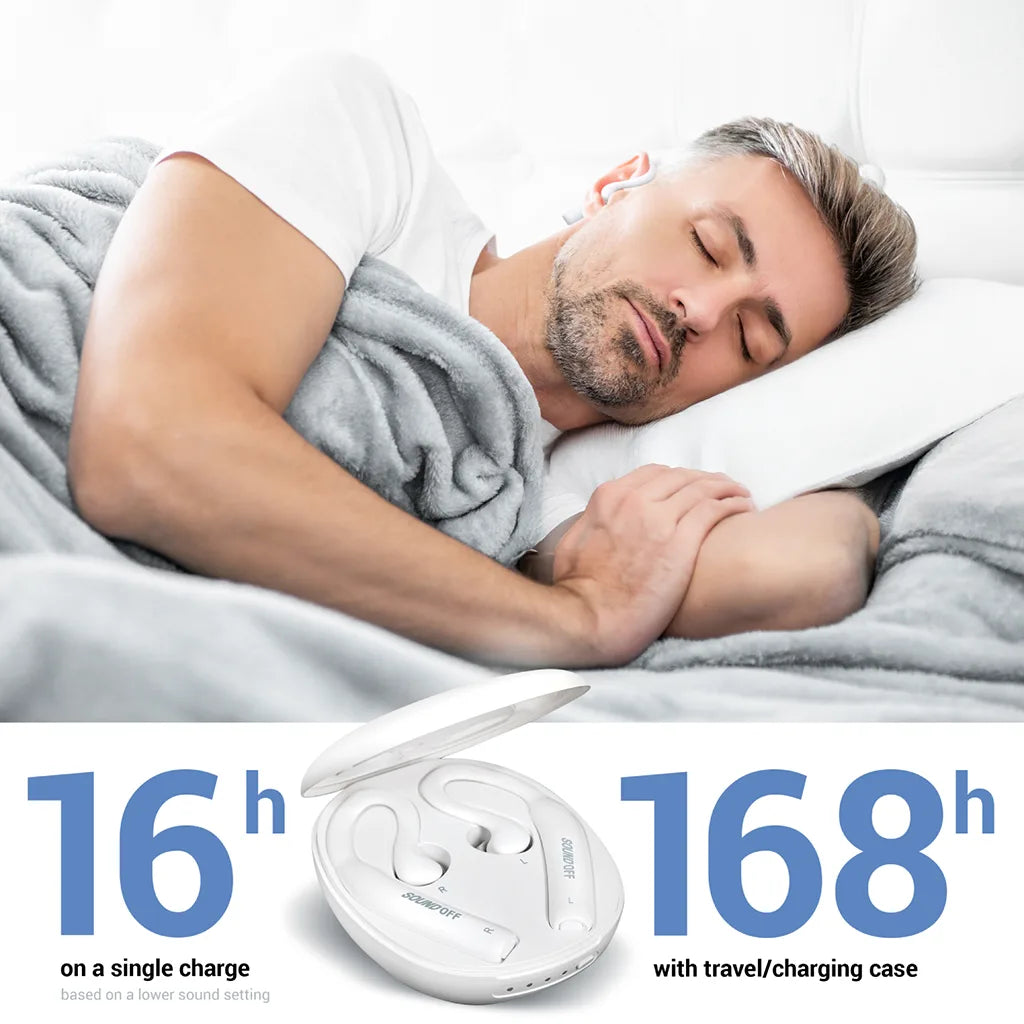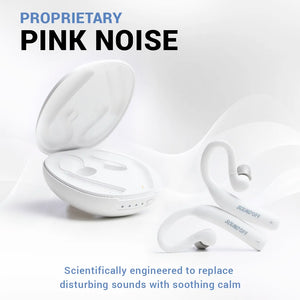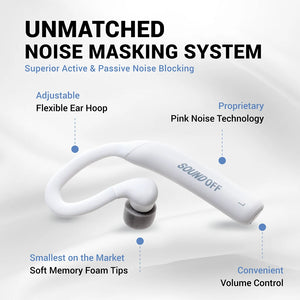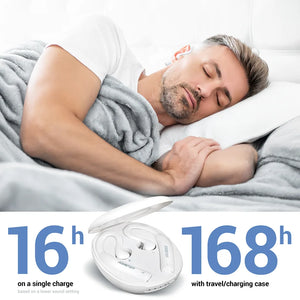Understanding Sleep Changes in Older Adults
Introduction:
As individuals age, they often experience change in their sleep patterns and quality, which can significantly impact their overall health and well-being. In this exploration, we delve into the nuanced landscape of sleep changes in older adults and provide insights into effective strategies to mitigate these changes.
Understanding the underlying mechanisms driving sleep alterations in aging adults is essential for developing targeted interventions that promote healthy sleep and enhance quality of life.
Sleep Changes in Older Adults: An Overview
Altered Sleep Architecture: Older adults experience a reduction in both slow-wave (deep) sleep and rapid eye movement (REM) sleep, leading to lighter and less restorative sleep.
Increased Sleep Fragmentation: Older adults tend to have more fragmented sleep, characterized by frequent awakenings during the night, which disrupt sleep continuity.
Advanced Sleep Phase Syndrome: Many older adults experience a shift in their circadian rhythms, resulting in earlier bedtimes and wake times, along with early morning awakenings.
Higher Prevalence of Sleep Disorders: Older adults are more prone to developing sleep disorders such as insomnia, sleep apnea, restless legs syndrome, and periodic limb movement disorder.

Medication Effects: The use of medications to manage chronic health conditions can interfere with sleep architecture and exacerbate sleep disturbances in older adults.
Increased Daytime Sleepiness: Poor sleep quality and insufficient sleep duration often lead to excessive daytime sleepiness, impairing cognitive function and overall functioning during waking hours.
Factors Contributing to Sleep Changes in Older Adults
Several factors contribute to sleep changes in older adults, including:
Age-Related Changes in Circadian Rhythms: Alterations in the timing of the sleep-wake cycle, known as phase shifts, occur with aging, leading to changes in sleep timing and duration.
Neurobiological Changes: Age-related changes in the brain, including alterations in neurotransmitter levels and neuronal activity, affect the regulations of sleep-wake cycles and sleep architecture.

Medical Conditions: Chronic health conditions such as arthritis, cardiovascular disease, respiratory disorders, and neurological conditions can disrupt sleep in older adults.
Medication Use: Older adults often take multiple medications, some of which can have side effects that interfere with sleep, including sedation, agitation, or changes in sleep structure.
Psychological Factors: Stress, anxiety, depression, grief, and other psychological factors can contribute to sleep disturbances in older adults.
Environmental Factors: Noise, light, temperature, and other environmental factors can affect sleep quality and disrupt sleep in older adults who may be more sensitive to these stimuli.
Effective Strategies to Mitigate Sleep Changes
Mitigating sleep changes in older adults requires a multifaceted approach that addresses both intrinsic and extrinsic factors influencing sleep. Here are some effective strategies:
Establishing a Consistent Sleep Schedule: Maintain a regular sleep-wake schedule, going to bed and waking up at the same time each day, even on weekends.
Creating a Relaxing Bedtime Routine: Develop a calming bedtime routine to signal to the body that it’s time to wind down. This may include activities such as reading, listening to soothing music or practicing relaxation techniques like deep breathing or meditation.

Optimizing the Sleep Environment: Ensure that the sleep environment is conducive to sleep by minimizing noise, light, and temperature fluctuations. Use blackout curtains, earplugs, white noise machines or fans to create a comfortable sleep environment. If noise is a real problem Noise Masking Earbuds are effective at blocking sleep disrupting sounds. SoundOff Noise Masking Earbuds play a soothing Pink Noise, which studies show relaxes the brain and can help you sleep. Click here for more information on how SoundOff can help you sleep.
Promoting Physical Activity: Encourage regular physical activity, which has been shown to improve sleep quality and duration in older adults. However, avoid vigorous exercise close to bedtime, as it may interfere with sleep. Put link here to site that talks about great physical activities for older people. Here is a great list of activities for seniors.

Limiting Stimulants and Alcohol: Limiting consumption of caffeine and alcohol intake, especially in the evening, can help with sleep as these substances can disrupt sleep and lead to nighttime awakenings.
Addressing Medical Conditions: Work with healthcare providers to manage underlying medical conditions that may be contributing to sleep disturbances. This may involve adjusting medications, treating pain or discomfort, or addressing respiratory issues such as sleep apnea.
Cognitive Behavioral Therapy for Insomnia (CBT-I): CBT-I is a highly effective non-pharmacological treatment for insomnia that addresses maladaptive thoughts and behaviors related to sleep. It focuses on improving sleep hygiene, restructuring negative thoughts about sleep, and implementing relaxations techniques.
Medication Review & Management: Review medication regimens to identify any drugs that may be contributing to sleep disturbances. Consider tapering or discontinuing medications that are not essential or exploring alternative treatments with fewer sleep-related side effects.
Light Therapy: Light therapy, which involves exposure to bright light in the morning or evening, can help regulate circadian rhythms and improve sleep timing in older adults with advanced sleep phase syndrome or other circadian rhythm disorders.

Mindfulness-Based Interventions: Mindfulness-based interventions, such as mindfulness meditation or tai chi, have been shown to improve sleep quality and reduce sleep disturbances in older adults by promoting relaxation and stress reduction.
Sleep Hygiene Education: Educate yourself on sleep hygiene practices, such as maintaining a comfortable sleep environment, avoiding stimulating activities before bedtime, and establishing a regular sleep routine. Put link here for more information on Sleep hygiene. You can read a sleep hygiene checklist here…
Social Support & Engagement: It is important for older adults to stay socially engaged and maintain meaningful social connections, as social support can promote emotional well-being and help alleviate stressors that may contribute to sleep disturbances.
Conclusion
In conclusion, sleep changes in older adults are a common and multifaceted issue with significant implications for health and functioning. By understanding the underlying factors driving sleep alterations in aging people and implementing effective mitigation strategies, healthcare professionals can help older adults achieve better sleep quality, improve overall well-being, and enhance their quality of life. Through interdisciplinary collaboration, tailored interventions, and ongoing support, we can empower older adults to maintain healthy sleep habits and age gracefully.

